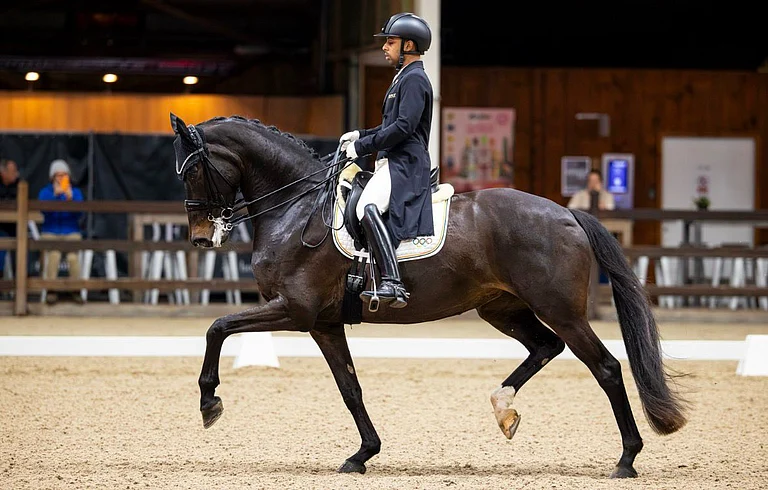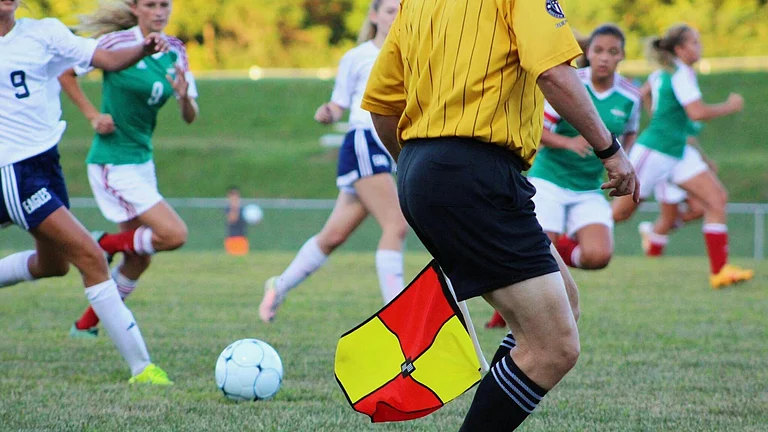Some words can haunt. They can be harsh enough to give one nightmares. The recorded voice of slain editor Shujaat Bukhari played at a Srinagar auditorium — Tagore Hall on June 14, 2019 gives me goosebumps. It was after hungry and thirsty, fasting Shujaat Bukhari was shot dead outside his office, a year ago, on the eve of Eid-ul-Fitr on June 14, 2018. Probably, his last spoken words make me shiver and wither in pain, every time my memory recalls those words. Shujaat means courage and bravery.
“…I am here. No, No. I am not going anywhere. I am not going anywhere for some time…,” this is perhaps the last conversation of slain editor Shujaat Bukhari with one of his friends.
On that evening in 2018, I was sitting inside the newsroom of the paper I worked for then. I still remember chatting with the senior editor at the organisation. It was probably some half an hour before Iftaar time (fast breaking time during Ramzan). He would narrate stories of pain and anguish that Kashmir had witnessed during the 90s. It was an era of tragedy, it was all blood drenched, he would often tell me.
He would often mesmerize me with his anecdotes. He was a master storyteller. He would often acquaint me with the backstories of the “players in the game”. He would tell me about the people who stood for their “holy cause” and also of the people who went with the tide for their “unholy business”, the ones who made big fortunes out of Kashmir’s tragedy.
A retired school master, who had impeccable editing skills, on that June 14 evening, was narrating his own ordeal. He was arrested during the 90s on mere suspicion and subjected to extreme torture. As he was narrating his ordeal, I heard gunshot-like sounds. It was as if somebody was bursting crackers just outside our office. “Firing,” I blurted out. This made my senior colleague laugh.
“Che ma chuueth wuchmeut namath (You have not seen the 90s),” he said and continued to laugh. “This is usual on Eid. The children burst crackers every time ahead of Eid at Pratap Park. What are you saying?” the senior colleague said.
His reply was enough to make me quiet. After all I thought he is an “encyclopedia” on turbulent Kashmir. There isn’t a chance that he could get it wrong, I thought.
The city centre Lal Chowk had been bustling with Eid-ul-Fitr festivities. The people were busy shopping in the market for the auspicious festival. The festival was just two days away.
As I was having a chat with my senior colleague, one of our office boy came running. “Firing,” he said and started closing our office’s main door.
We went out to check. I saw empty cartridges all over outside with broken glasses of black SUV scattered all over the place. There was blood. It was as if a war had broken outside.
Like us, many other scribes from their offices at Press Enclave had also come out to check. Some started clicking photographs with their cameras. I went nearer to the SUV. I saw two men at the front. Their khaki uniforms blood drenched. Their faces blood drenched with broken shards of glass on their faces. The bullet holes in their bodies were oozing out blood. One had toys placed in front of him, probably for his children on Eid. The other one on the steering wheel was gasping for breath. I was shaken.
I went closer to the window and saw a man down on his seat. It seemed he had ducked to save himself. However, the attackers seemed to have ensured his death. Here was Shujaat Bukhari, lying lifeless!
Somebody cried: “Ye ha chu Shujaat saeb (This is Shujaat sahib).” The cry sort of woke me up from slumber. I was just there standing like others. Nobody talked. All seemed blank. Then somebody shouted: “They (attackers) are back" and there was mayhem. Everybody started running. Somebody held my hand and took me away.
We ran towards a nearby school. After few moments we went back. Then I saw somebody shouting and crying aloud. “My brother has been killed! My brother has been killed!”
Then I saw senior journalists and Shujaat’s friends moving down towards his lifeless body.
“Shujaatas layikh guel. Shamas gaed kaed ta (Shujaat has been shot. Shamas take your car out).” I saw one of the senior editors with whom I had worked crying. He seemed to try one last time to save his friend. But, his friend Shujaat was already dead, lying there lifeless.
All news chasers of Kashmir seemed on pause at that moment. Nobody was saying anything. There was silence, except occasional cries and shutter sounds of cameras. The people had also gathered now. Some were shooting videos. After a few moments, police arrived. A cop shot some rounds in the air to disperse the crowd and took the SUV to a nearby police station. The wall of Press Enclave in Srinagar was bullet-ridden that day. The bullet marks are perhaps still present there on the wall.
The body of Shujaat was taken to a hospital. His relatives, friends and everybody were in mourning.
Everybody in Kashmir knew Shujaat Bukhari. In fact, the world knew him. He was everywhere. As a student, I have listened to him in high school, college and then at university. He was everywhere: in debates, in inaugurations, in felicitations, in award functions. He was frequent on television prime time debates. He was on social media. He was a regular traveler. His social media reflected it all.
The friends who had worked with him described him as “affectionate and kind-hearted”. “He liked grandeur. He wanted big things,” one of my friends who worked at his newspaper told me.
He knew players of the chess-board in “Kashmir game” like the palm of his hand, one of my friends told me once. He was well known not only in local and national circles, but internationally he had also made his mark. He was a “Kashmir expert” for many. He was also a mentor to many in Kashmir.
Next day, early morning I went to Shujaat Bukhari’s native village in north Kashmir, where he was to be buried. It seemed all roads of Kashmir that day were leading to Shujaat’s village. There were rows of cars all along the way.
I saw politicians, journalists, doctors, bureaucrats, police officers and everyone from Kashmir at Shujaat’s funeral that day at his native village — Kreeri.
His brother Basharaat Bukhari, a broadcaster-turned-politician, who once was Kashmir’s household voice through his radio programme ‘Shahrbean’ from Radio Kashmir announced: “ye chu mataam” (This is mourning) at the funeral.
Shujaat’s funeral is perhaps among the only funeral in Kashmir, where politicians of opposite ideologies, political leaders with varied stances, people whose views are militant, people whose views are moderate, people who are exactly opposite to one another, however that day everyone stood together to participate in Shujaat’s funeral prayer.
And Shujaat was laid to rest with skies sending down the rain as if expressing solidarity with the people down there on that day.
As his friend weeping that day told me. “He liked grandeur and look today his funeral has been big, really big!”


























